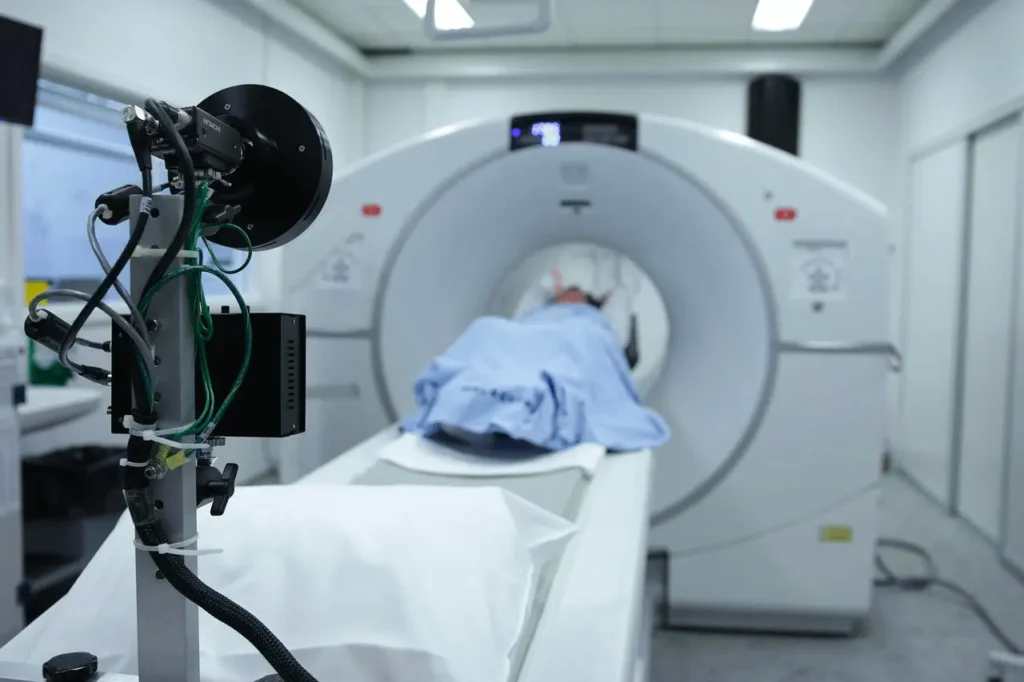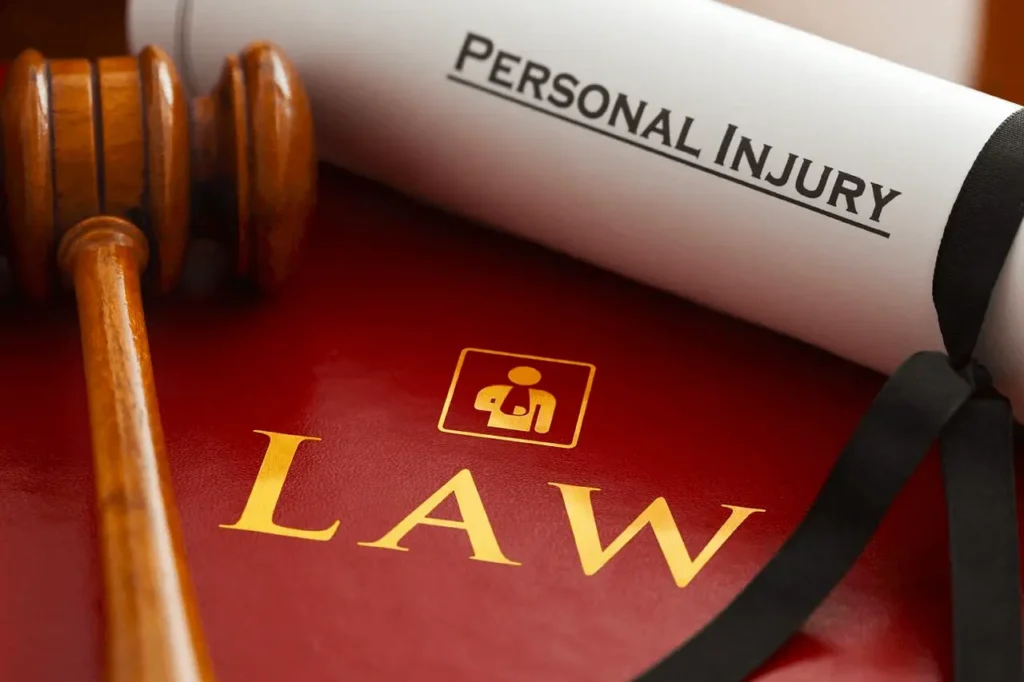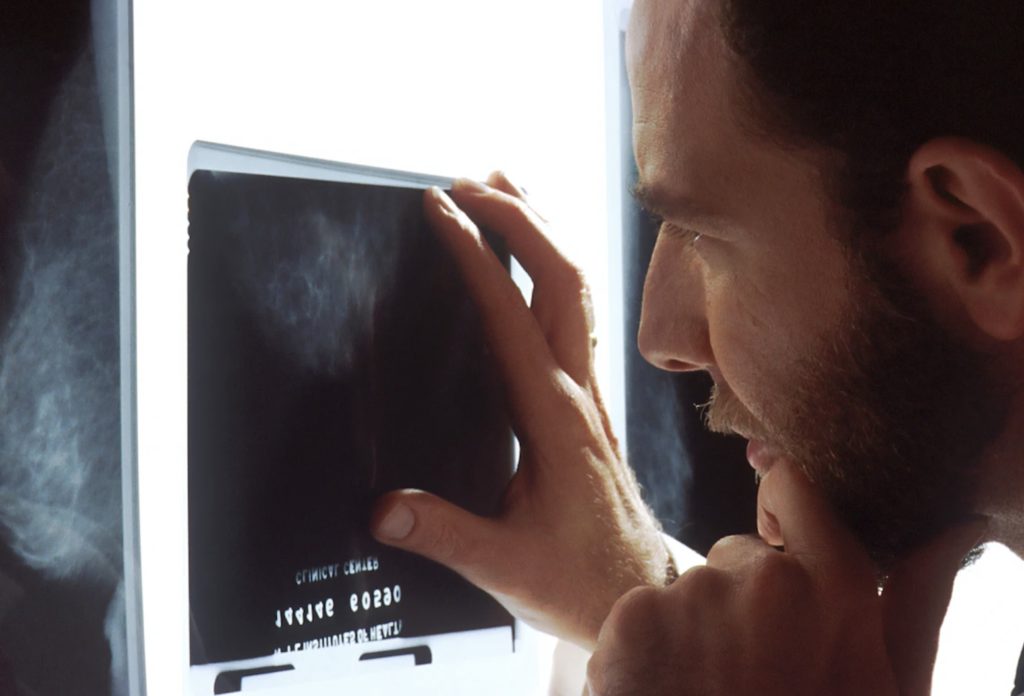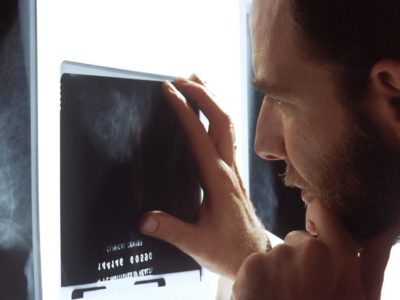In many Florida personal injury cases, a Compulsory Medical Examination (CME) is pivotal in holding negligent parties accountable and seeking compensation. The results of a CME can profoundly impact the outcome of your claim, and understanding the CME process in Florida personal injury law is essential to protecting your rights, recovery, and future. The attorneys at Long, Jean & Wechsler, P.A. are here to help you confidently prepare for this step in the claims process, ensuring that the necessary parties take your pain seriously.
A Compulsory Medical Exam (CME) is typically requested by the defendant or defense attorney. The purpose of a CME is to verify the plaintiff’s injuries and is requested in situations where the defense has doubts whether the injuries sustained by the plaintiff are as severe as claimed. Moreover, it is used to ensure the injuries reported are the result of the incident in question.
Understanding CMEs and Their Purpose in Florida Law
If you’re pursuing a personal injury claim in Florida, you may be required to undergo a Compulsory Medical Examination (CME) as part of the legal process. Understanding what a CME is in personal injury cases can help you prepare, protect your rights, and avoid common pitfalls. This section breaks down the purpose of a CME and how it fits into a Florida personal injury case examination.
What Is a CME?
It’s an exam requested by the opposing party. Your CME doctor is designated to evaluate your condition and determine its severity. They are not responsible for administering treatment or providing recommendations.
Florida Rules of Civil Procedure 1.360 allows the opposing party to request a CME, however, such a request must be backed up with solid evidence. The defense can request a CME only if it has evidence that places doubt on one’s claimed condition.
The plaintiff will then be required to undergo a CME to prove the legitimacy of injuries and to verify that they are not exaggerated.
This is very important because the success of a personal injury case largely depends on the injuries suffered and the cost of damages.
When and Why Are CMEs Requested?
In a Florida personal injury case, the defense typically requests a CME when there is reason to question the extent or legitimacy of the plaintiff’s injuries. However, it’s essential to note that the dissenting party must show good cause before a court allows a CME to occur.
These exams are often used to dispute medical evidence, challenge credibility, or reduce the value of a claim based on the findings of a defense-selected physician. If the defense is going to request that a CME take place, it will most likely be during the discovery phase–before a case moves forward to trial. It’s essential to note that the courts typically only grant CMEs after a lawsuit is filed. They do not generally happen during negotiation or mediation – only if and when a settlement isn’t reached during the initial phases of a personal injury claim.
Florida Rule 1.360 allows the defense to request a CME. However, you may have legal grounds to challenge this request.
Legal Grounds for Challenging a CME Request
Under Florida law, victims have the right to challenge a CME if it lacks good cause. Other stipulations that may allow you to challenge the request include:
- If the CME will be too invasive.
- If the CME seeks irrelevant information.
- The defense does not adequately justify the need for a CME.
Plaintiffs may also object to the timing, location, or choice of physician conducting the evaluation. Having the right attorney on your side will help protect your rights.
What Kind of Injuries Can be Examined in a Compulsory Medical Examination?
Florida Rules of Civil Procedure 1.360 allows any injury or condition that is subject to ‘controversy’ to be evaluated by a CME doctor. Here’s what the law says:
“Whenever the mental or physical condition of an injured person covered by personal injury protection is material to any claim that has been or may be made for past or future personal injury protection insurance benefits, such person shall, upon the request of the insurer, submit to a mental or physical examination by a physician or physicians.”
Examples include:
- Broken or fractured bones
- TBIs
- Internal bleeding
- Nerve damage
- Spinal cord trauma
- Organ damage
Your CME doctor may be required to inspect one or more of these injuries and some of these may require you to go multiple additional tests.
What to Expect During a CME
Understanding what happens during a Compulsory Medical Examination in Florida can help alleviate concerns and ensure you’re fully prepared. The CME process in Florida personal injury law plays a critical role in evaluating the extent of your injuries for legal purposes.
Here’s what you can expect during your CME in personal injury cases:
- A review of your medical history and injury details.
- Questions about the accident and how it impacts your life.
- A physical examination focused on the affected areas and injury.
- The exam usually lasts between 15-45 minutes.
It’s important to note that a CME does not include a diagnosis, any treatment, or medical advice from the performing physician. Instead, the doctor will document their medical findings and present them to the requesting legal team for review and use in court.
Submitting to a Compulsory Medical Examination: Things to Remember

In some cases, the defense may choose to place you under surveillance after the CME is completed. It’s legal for the defending party to set up surveillance, however, you may have the option to talk to your lawyer or police if you feel unsafe. Also, you have the right to take photographs of the investigator if you see one filming you. Furthermore, such instances should be reported to your attorney.
In addition to this, the CME doctor may also observe you once you leave the premises and walk to your vehicle. The doctor may include your actions in the report. It is important for patients to be very careful and to follow these guidelines:
- Maintain a serious demeanor during your exam and avoid joking with the physician. Remember that the doctor is there to help the other party and will not support you.
- Get in touch with your physician and book an appointment on the same day as your CME appointment. The report produced by your physician can be used to counterevidence the CME doctor’s findings.
- Make sure to record both examinations on video. Mention this to your physician and the CME doctor, they will typically not have a problem with you recording the examination. This video can be used to prove your injuries and the CME doctor’s negligence (if any).
- Make sure to answer all questions truthfully and clearly. There should be no scope for misconstruction. Also, do not exaggerate or lie and avoid giving any information voluntarily.
- Do not allow the CME doctor to dictate to you. Stand up for yourself when needed. Ask for clarity if you have any confusion understanding a question.
- Take note of when the CME doctor examined you and how long the process took.
Your attorney may provide you with additional guidelines based on your specific case. Remember that there is no patient-doctor confidentiality in such cases and anything you say will be recorded and may be presented in court.
Also, the CME doctor may require you to submit a variety of medical records including radiological films and x-rays. Prior medical records may also be used for this purpose, however, the defense attorney may not be able to force you to submit all of these. They will try to locate such documents for the CME doctor’s consideration.
The doctor may also be given additional documents such as the accident report. In some cases, photos of the accident site may also be submitted. The CME doctor will write a report based on your examination and any data collected. Some CME doctors may write a vague report that explains their inability to reach a final opinion due to missing medical records.
The report submitted by the CME doctor typically includes the following:
- Their personal opinion or impression
- Discussion or explanation of their opinion
- The plaintiff’s medical history as submitted by the plaintiff
- Result of the CME exam performed by the CME doctor
- Review of the plaintiff’s medical records, MRIs, CT scans, x-rays, etc.
- Request for additional information (if required)
Your attorney can get a copy of this report. The other party is required to make a copy available (when requested) and not doing so could result in a motion against the defending party.
Why You Need an Attorney to Deal with a Compulsory Medical Examination Request

You will need a personal injury attorney to protect your rights and ensure you do not get cheated or face any difficulty during your case. A CME can go against you in several ways. Here are the possible outcomes:
- The CME doctor agrees your injuries are real and as severe as claimed.
- The CME doctor concludes you are not really injured or that one or more of your reported injuries are not real.
- The CME doctor may conclude that your injuries are real and severe but caused by something else.
- The CME doctor may decide that one or more of your injuries are not as severe as claimed.
- The CME doctor may deduce that your actions worsened the injury, which will put at least some of the blame on you.
- The CME doctor may summarize that your injury was worsened due to a pre-existing condition(s).
- The CME doctor may not agree with your physician’s diagnosis, resulting in doubt on the medical evidence you have submitted in court.
Only the first evidence is in your favor. You will need the help of a professional personal injury attorney to increase the chances of getting an output that favors your case. Your personal injury lawyer can:
- Determine the legitimacy of a CME
- Explain what to expect before, during, or after a CME
- Address your questions and concerns throughout the process
- Take care of all relevant legal matters
A CME, despite being requested by the opposite party, could end up benefitting you. If in your favor, the report, in combination with your physician’s report, can be used to strengthen your case. You will, however, need the services of a skilled personal injury lawyer to present your case and ensure you get your rightful compensation.
Compulsory Medical Examination: Frequently Asked Questions

Here are some of the most commonly asked questions about CMEs:
Is a CME the same as an IME?
Both terms are very similar and are often used interchangeably, however, they’re not the same. An IME can be considered a type of CME and both serve a similar purpose: to evaluate the patient’s current condition and course of prior treatment.
Can I say no to a CME request?
Your attorney can decline a CME request if they can prove that the request is not legitimate.
Who pays for a CME?
The cost is covered by the opposing party, which is typically the insurance company.
When does a CME occur?
CMEs can occur before or after filing a lawsuit.
Who requests a CME?
The defending party requests a CME.
Still have questions or concerns related to IME or CME? Our personal injury lawyers can answer all your questions and offer relief in personal injury cases.
LJW Legal has been in the business for years, and our skilled legal team has handled hundreds of personal injury and CME-related cases. Call 954-597-6770 to get in touch with us and know more about our services, or visit our office in Pompano Beach.
We offer free consultations and serve several areas including Pompano Beach, Boca Raton, West Palm Beach, Coral Springs, Deerfield Beach, Sunrise Delray Beach, Plantation, and Fort Lauderdale.
CONTACT OUR LEGAL TEAM TODAY!

